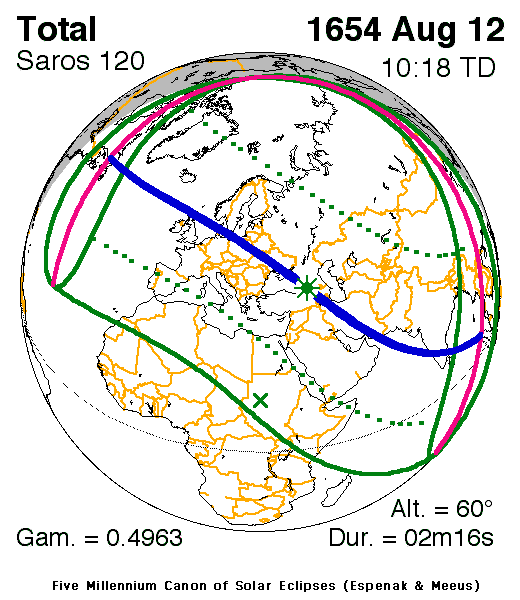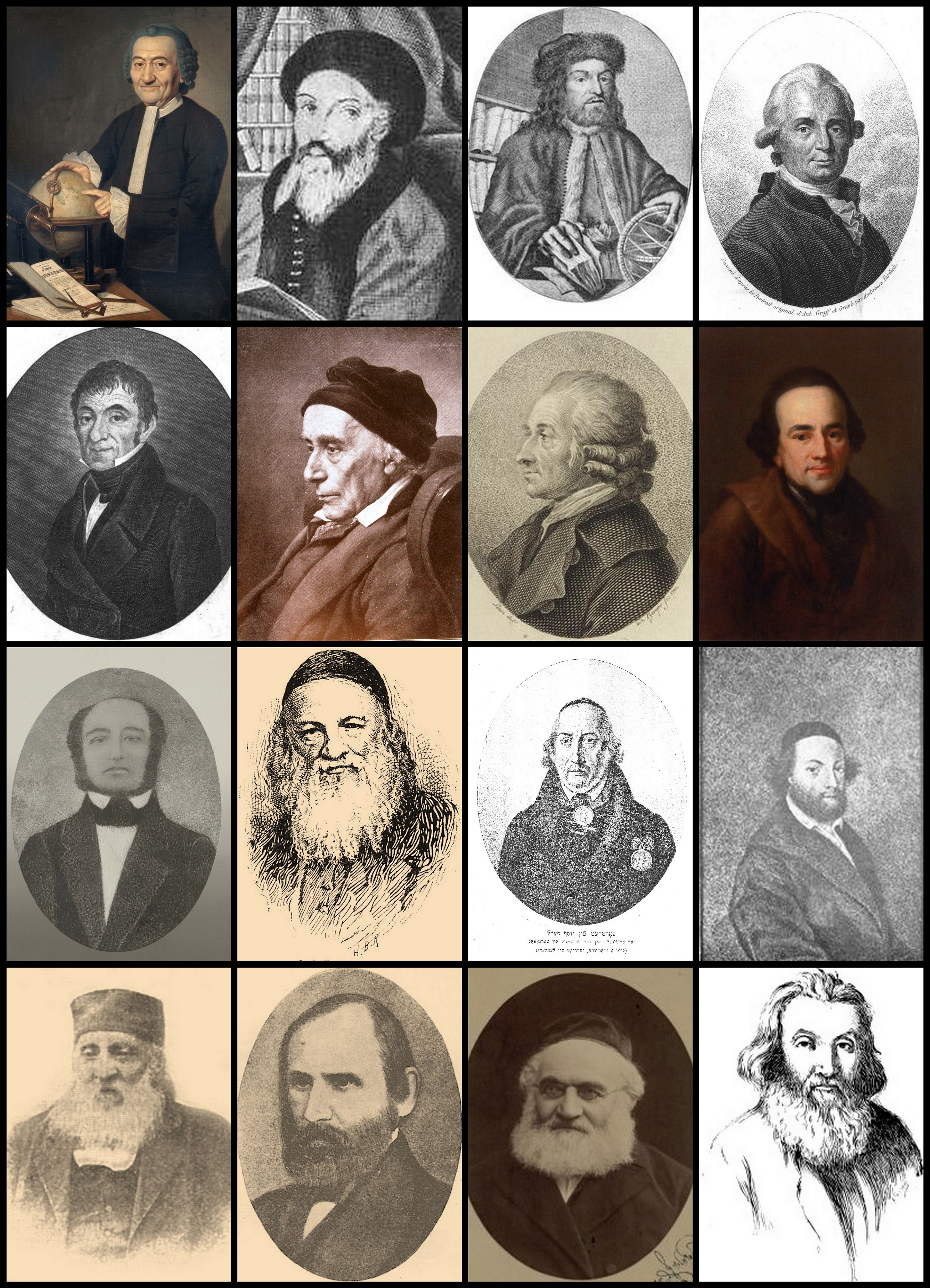 |
Shklow
Shklow is a town in Mogilev Region, Belarus, located north of Mogilev on the Dnieper, Dnieper River. It serves as the administrative center of Shklow District. It has a Train station, railway station on the line between Orsha and Mogilev. In 2009, its population was 16,439. As of 2024, it has a population of 14,870. History * 1535: First records about the town. *1581: * 1654: Battle of Shklow (1654) * April 10, 1762: Coat of arms. Jewish history Shklov was an important Jewish religious center. There was a yeshiva there in the 18th century. Shklov became the center of the Haskalah movement. At the end of the 19th century, there were 5542 Jews in the town. During the Soviet times a dozen families worked in the Jewish kolkhoz ''Iskra''. In 1939, only 2132 Jews remained in Shklov. The Nazi Germany, Germans occupied the town on July 12, 1941. The first The Holocaust in Byelorussia, execution of Jews took place just a few days into the occupation. The Germans shot 25 Jewish men ... [...More Info...] [...Related Items...] OR: [Wikipedia] [Google] [Baidu] [Amazon] |
 |
Zalman Shneur
Zalman Shneour (; born Shneur Zalkind; 1887 – 20 February 1959) was a prolific Yiddish and Hebrew poet and writer. In 1955, he was nominated for the Nobel Prize in Literature. Biography Zalman Shneour was born in Shklow (Škłoŭ) in Belarus (then part of the Russian Empire) in 1887. His parents were Isaac Zalkind and Feiga Sussman. At age 13, he left for Odessa, the center of literature and Zionism during this time. Shneour moved to Warsaw in 1902 and was hired by a successful publishing house. He moved to Vilnius in 1904, where he published his first book and a collection of stories. In 1907, Shneour moved to Paris to study Natural Sciences, Philosophy, and Literature, at the Sorbonne. He traveled throughout Europe from 1908 to 1913 and visited North Africa. When World War I erupted, Shneour was in Berlin where the Germans detained him as a Russian citizen. There he wrote his famous Hebrew epic, “Vilna”, a poetic reconstruction of bygone Jewish life. During the year ... [...More Info...] [...Related Items...] OR: [Wikipedia] [Google] [Baidu] [Amazon] |
 |
List Of Cities And Largest Towns In Belarus
This is a list of cities and towns in Belarus. Neither the Belarusian nor the Russian language makes a distinction between "city" and "town" as English does; the word ''horad'' ( ) or ''gorod'' ( ) is used for both. Overview Belarusian legislation uses a three-level hierarchy of town classifications. According to the Law under May 5, 1998, the categories of the most developed urban localities in Belarus are as follows: * ''capital'' — Minsk; * ''city of regional subordinance'' (; ) — urban locality with a population of not less than 50,000 people; it has its own body of self-government, known as ''Council of Deputies'' (; ) and an executive committee (; ), which stand on the level with these of a ''raion'' (). * ''city of district subordinance'' (; ) — urban locality with a population of more than 6,000 people; it may have its own body of self-government (; ) and an executive committee (; ), which belong to the same level as these of rural councils and of s.c. ''haradski p ... [...More Info...] [...Related Items...] OR: [Wikipedia] [Google] [Baidu] [Amazon] |
|
Baruch Schick Of Shklov
Baruch Schick of Shklov (1744–1808) was a Polish–Lithuanian-born rabbi, author, scholar, talmudist, physicist, and scientist. He is famous for having translated many scientific works into Hebrew upon the request of the Vilna Gaon. He wrote about topics ranging from medicine to hygiene, and was known as one of the many pioneers of the Haskalah movement (Jewish Age of Enlightenment). He served as a dayan in the communities of Minsk and Slutsk throughout his life. Baruch descended from the famous Jewish families of Schick and Ginzberg. He was acknowledged as the first Jew to translate from English to Hebrew. Early life (1744–1764) Baruch ben Jacob Schick was born in 1744 in the town of Shklov. His father served as the rabbi there. His uncle, Arye Leib Ginzberg was one of the foremost halakhists of his generation. In fact, much of Schick's family consisted of some of the great rabbinic scholars in Byelorussia. At a young age, he began to follow the path of his ancestors, ... [...More Info...] [...Related Items...] OR: [Wikipedia] [Google] [Baidu] [Amazon] |
|
 |
Battle Of Shklow (1654)
The Battle of Szkłów or battle of Shkloŭ or battle of Shklov on August 12, 1654 was one of the first battles of the Russo-Polish War (1654–67); it ended with a indecisive, however, by other sources. A small Polish–Lithuanian force of about 6,000–7,000 under Great Lithuanian Hetman Janusz Radziwiłł surprised a numerically superior Russian force (of 40,000; some estimates speak of 70,000, but they are likely too high) under knyaz Yakov Cherkassky near Shklow (). The battle took place during a solar eclipse. The Russian forces, due to their surprise, were engaged by the Poles unprepared and in smaller portions, which were defeated in turn. Eventually the Poles forced the entire Russian army to retreat; the losses are estimated at 700 for the Poles and 7,000 for the Russians (although they may be overestimated for both sides). Prelude The conflict was triggered by the Khmelnytsky Rebellion of Ukrainian Cossacks against the Polish–Lithuanian Commonwealth. The Cossa ... [...More Info...] [...Related Items...] OR: [Wikipedia] [Google] [Baidu] [Amazon] |
 |
Josef Gusikov
Michal Josef Gusikov (born Yehiel-Michiel, also spelt Guzikow or Gusikow) (2 September 1806 – 21 October 1837) was a History of the Jews in Belarus, Belarusian-Jewish klezmer who gave the first performances of klezmer music to West European concert audiences on his 'wood and straw instrument'. Gusikov and his instrument Gusikov was born to a family of klezmer musicians in Shklow (now in Belarus). Originally brought up to play the flute, like his father, a weakness of the lungs forced him to seek a different specialisation. In 1831 he constructed what he called a ''wood and straw instrument'', essentially a xylophone laid out like a cimbalom on a Sound board (music), soundboard made from rolls of straw which allowed a loud resonance. There is debate whether this instrument was invented by Gusikov himself, or by his contemporary Samson Jakubowski. On this instrument Gusikov developed an extraordinary virtuosity, and in 1834 gave concerts in Moscow, Kiev and Odessa. He was ... [...More Info...] [...Related Items...] OR: [Wikipedia] [Google] [Baidu] [Amazon] |
 |
Districts Of Belarus
A district or raion (, , ''rayony''; , , ''rajony'')According to thInstruction on Latin Transliteration of Geographical Names of the Republic of Belarus, Decree of the State Committee on Land Resources, Surveying and Cartography of the Republic of Belarus dated 23.11.2000 No. 15recommended for use by the Working Group on Romanization of Belarusian, Romanization Systems of the United Nations Group of Experts on Geographical Names (UNGEGN) — . See also: Instruction on transliteration of Belarusian geographical names with letters of Latin script; Romanization of Belarusian. in Belarus is the second-level administrative division in the country which are subordinate to regions of Belarus, regions (also known as oblasts). List of districts Brest region Gomel region Grodno region Minsk region Mogilev region Vitebsk region See also *Regions of Belarus, 1st level subdivision *Rural councils of Belarus, 3rd level subdivision References External links {{Articles on se ... [...More Info...] [...Related Items...] OR: [Wikipedia] [Google] [Baidu] [Amazon] |
 |
Dnieper
The Dnieper or Dnepr ( ), also called Dnipro ( ), is one of the major transboundary rivers of Europe, rising in the Valdai Hills near Smolensk, Russia, before flowing through Belarus and Ukraine to the Black Sea. Approximately long, with a drainage basin of , it is the longest river of Ukraine and Belarus and the fourth- longest river in Europe, after the Volga, Danube, and Ural rivers. In antiquity, the river was part of the Amber Road trade routes. During the Ruin in the later 17th century, the area was contested between the Polish–Lithuanian Commonwealth and Russia, dividing what is now Ukraine into areas described by its right and left banks. During the Soviet period, the river became noted for its major hydroelectric dams and large reservoirs. The 1986 Chernobyl disaster occurred on the Pripyat River, a tributary of the Dnieper, just upstream from its confluence with the Dnieper. The Dnieper is an important navigable waterway for the economy of Ukraine and i ... [...More Info...] [...Related Items...] OR: [Wikipedia] [Google] [Baidu] [Amazon] |
 |
Haskalah
The ''Haskalah'' (; literally, "wisdom", "erudition" or "education"), often termed the Jewish Enlightenment, was an intellectual movement among the Jews of Central Europe, Central and Eastern Europe, with a certain influence on those in Western Europe and the Muslim world. It arose as a defined ideological worldview during the 1770s, and its last stage ended around 1881, with the rise of Autoemancipation, Jewish nationalism. The movement advocated against Jewish reclusiveness, encouraged the adoption of prevalent attire over traditional dress, while also working to diminish the authority of traditional community institutions such as rabbinic courts and boards of elders. It pursued a set of projects of cultural and moral renewal, including a revival of Hebrew for use in secular life, which resulted in an increase in Hebrew language, Hebrew found in print. Concurrently, it strove for an optimal integration in surrounding societies. Practitioners promoted the study of Exogeny, exo ... [...More Info...] [...Related Items...] OR: [Wikipedia] [Google] [Baidu] [Amazon] |
|
Joseph Rosen
Joseph Rosen (, ''Yosef Rosin''; 1858 – 5 March 1936) known as the Rogatchover Gaon (Genius of Rogachev) and Tzofnath Paneach (Decipherer of Secrets—the title of his main work), was an Ashkenazi rabbi and one of the most prominent talmudic scholars of the early 20th-century. Rosen was known as a '' gaon'' (genius) because of his photographic memory and tendency to connect sources from the Talmud to seemingly unrelated situations. Rosen has been described as the foremost Talmudic genius of his time. He is also estimated to have written some 50,000 responsa, making him the most prolific responsa-writer in Jewish history. Biography Joseph Rosen was born in Rogachov, now Belarus, into a Hasidic family of Chabad Chabad, also known as Lubavitch, Habad and Chabad-Lubavitch (; ; ), is a dynasty in Hasidic Judaism. Belonging to the Haredi (ultra-Orthodox) branch of Orthodox Judaism, it is one of the world's best-known Hasidic movements, as well as one of ...-Kopust, Ka ... [...More Info...] [...Related Items...] OR: [Wikipedia] [Google] [Baidu] [Amazon] |
|
|
Moscow Time
Moscow Time (MSK; ) is the time zone for the city of Moscow, Russia, and most of western Russia, including Saint Petersburg. It is the second-westernmost of the eleven time zones of Russia, after the non-continguous Kaliningrad enclave. It has been set to UTC+03:00 without DST since 26 October 2014; before that date it had been set to UTC+04:00 year-round on 27 March 2011. Moscow Time is used to schedule trains, ships, etc. throughout Russia, but air transport in Russia is scheduled using local time. Time in Russia is often announced throughout the country's other timezones on radio stations as Moscow Time, which is also registered in telegrams, etc. Descriptions of time zones in Russia are often based on Moscow Time rather than UTC; for example, Yakutsk ( UTC+09:00) is said to be MSK+6 in Russia. History Until the October Revolution, the official time in Moscow corresponded to GMT+02:30:17 (according to the longitude of the Astronomical Observatory of Moscow State U ... [...More Info...] [...Related Items...] OR: [Wikipedia] [Google] [Baidu] [Amazon] |